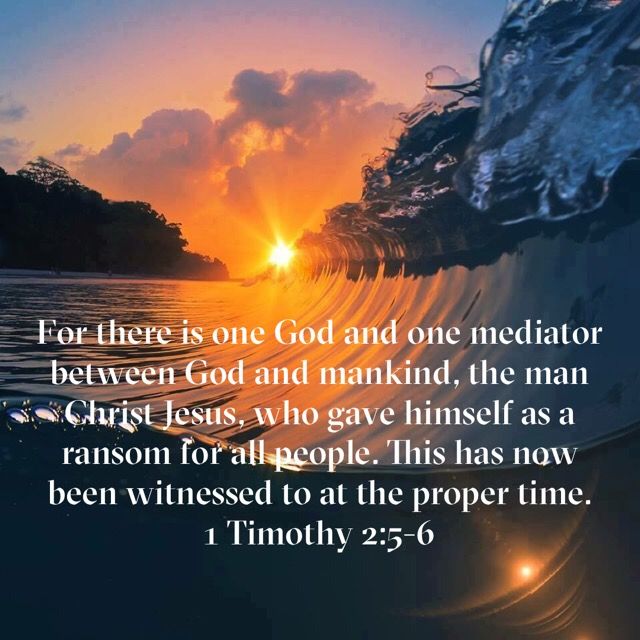
1 Kings 18:20-40 contains one of the most
memorable
Elijah narratives
The great prophet of
Yhwh
summons the prophets of Baal and Asherah
(well known deities in Syria-Palestine)
at Mount Carmel for a contest of the gods.
At stake is Israel’s allegiance to
Yhwh- the living God
alive in spirit, embodied in his people
'How long will you go limping
with two different opinions?
If the Lord is God, follow him;
but if Baal, then follow him.”
and finally whether Israel will heed the first commandment:
“You shall have no other God’s before me”
(Exodus 20:3).
Elijah begins with an accusatory question addressed to the people:
"How long will you go limping with two different opinions?
If the Lord is God, follow him;
but if Baal, then follow him”
(1 Kings 18:21).
The people’s unwillingness to choose
is exemplified by their lack of a response
(v. 21).
But for the prophet Elijah,
indecision is not religiously neutral ground.
They cannot worship both Baal and Yhwh,
for to trust the former is to reject the latter.
Indecision is not neutral ground.
This point is underscored by Elijah’s reference to “limping”
(cf. 2 Samuel 4:4).
According to him, their indecision is not morally neutral ground;
in fact, their unwillingness to choose actually
results in self-inflicted injury.
Needless to say,
while the people aren’t up for choosing between Baal and Yhwh,
they are most certainly up for a battle of the gods
(1 Kings 18:22-24).
Elijah proposes a contest by fire. He calls for two bulls, cut in pieces, laid on wood. The prophets would then “call on the name of” their respective gods.
The God who “answers by fire is indeed God”
(v. 24).
As 1 Kings 18:24 suggests, what Elijah is proposing is about much more than mere pyrotechnics.
In fact, this narrative
isn’t
fundamentally a
power contest
At All!
At stake -is which- God answers prayer.
In other words, whom could the people truly trust with their petitions?
Which of the two deities would actually deliver on promises?
And the narrative makes abundantly clear that there can be
only one answer to these questions.
The prophets of Baal do all they can to gain their god’s attention, even to the point of inflicting harm on themselves.
They “called on the name of Baal from morning until noon” (1 Kings 18:26), “they cried aloud” (v. 28), they even “cut themselves with swords and lances,” and “they raved on until the time of the offering of the oblation” (v. 29). The narrator leaves absolutely no room for doubt about the status of Baal:
"there was no voice, no answer, and no response”
(v. 29).
Elijah loses no time in mocking his opponents:
“Cry aloud! Surely he is a god; either he is meditating, or he has wandered away, or he is on a journey, or perhaps he is asleep and must be awakened” (v. 27).
The name of Baal is finally useless, and trust in him is shown to be misplaced.
A similar story is found in Bel and the Dragon, one of the “apocryphal” additions to Daniel. In this story, Daniel proposes a contest, to see if Bel
(a title of the Babylonian deity, Marduk)
will actually consume the offerings left to him by the priests. Not only does Bel not show any appetite for his meal, Daniel proves that the priests and their families actually eat the meal. After the priests left their offering and the doors of the temple were sealed, Daniel coated the floor of the temple with ashes. In the morning, after opening the sealed temple, the footprints of the priests and their families were found in the temple. Bel, like Marduk, was shown to be no god at all. Polemics against the non-existence of foreign deities was common in late Israelite literature (cf. Isaiah 44:9-20; 45:20-25; 46:1-7).
But Elijah approaches prayer in an entirely different manner to the prophets of Baal. He repairs the altar to Yhwh (1 Kings 18:30), and in a way that brings to mind God’s promises to Israel:
“Elijah took twelve stones, according to the number of the tribes of the sons of Jacob, to whom the word of the Lord came, saying, “Israel shall be your name”; with the stones he built an altar in the name of the Lord”
(vv. 31-32).
In a strong allusion to Jacob’s own contest with a “man,” Elijah points to the moment when “Israel” received its name (Genesis 32:29).
Elijah, like Jacob,
was also engaged in a deadly contest.
What gives Elijah prayerful
access to the one true God
is God’s -Name- and God’s promises.
By these alone does Elijah prevail over the prophets of Baal,
who have no ground for their hope.
What the false prophets find is a god who is hidden,
out of sight and out of earshot.
The account of Elijah and the prophets of Baal is recorded in 1 Kings 18. After Israel had gone more than three years without rain as a judgment for their idolatry, the prophet Elijah confronts the evil king Ahab and challenges him to a spiritual showdown. The king was to have all Israel gather at Mt. Carmel, along with the 450 prophets of the false god Baal and the 400 prophets of the false goddess Asherah (verse 19).
On Mt. Carmel, Elijah said to the people of Israel, “How long will you waver between two opinions? If the Lord is God, follow him; but if Baal is God, follow him” (1 Kings 18:21). The people remained noncommittal at that point. Elijah then challenged the prophets of Baal to prepare a bull as an offering for their god—Elijah would do the same—with this catch: they could light no fire on their altar. The God who answered with fire from the sky would be considered the true God (verses 22–25).
The people agreed that this was a good plan,
and the prophets of Baal went first. The pagan prophets cried out and danced around their altar from morning till noon with no answer from Baal. Elijah began to mock them, saying,
"Shout louder! . . . Surely he is a god!
Perhaps he is deep in thought, or busy, or traveling.
Maybe he is sleeping and must be awakened”
(1 Kings 18:27).
So the prophets of Baal “shouted louder
and slashed themselves with swords and spears, as was their custom, until their blood flowed. Midday passed,
and they continued their frantic prophesying
until the time for the evening sacrifice”
(1 Kings 18:28–29).
Despite hours of effort, nothing happened. The historian’s comment hints at the emptiness of Baal-worship:
"There was no response, no one answered,
no one paid attention”
(verse 29).
Elijah then called the people to him
as he repaired the altar of the Lord.
He used twelve stones and dug a trench around the altar.
He then placed wood on the altar and laid the cut pieces of the bull on it. Elijah then had the people douse the altar
with twelve large jars of water.
The water soaked the sacrifice and the wood and filled the trench
(1 Kings 18:30–35).
Once the sacrifice was ready,
Elijah prayed,
“Lord, the God of Abraham, Isaac and Israel,
let it be known today that you are God in Israel
and that I am your servant
and have done all these things at your command.
Answer me, Lord, answer me,
so these people will know that you,
Lord, are God,
and that you are turning their hearts back again”
(1 Kings 18:36–37).
Then God did what Baal could never do:
the fire of the LORD fell from heaven and consumed the burnt offering and the wood and the stones and the dust, “and also licked up the water in the trench” (verse 38).
The people of Israel bowed down
and declared the Lord as God
(verse 39).
Elijah then commanded the people to put the prophets of Baal to death,
in keeping with God’s command in Exodus 22:20.
Following this event,
the Lord finally ended the drought and sent rain
upon the land
(1 Kings 18:45).
The miraculous event of fire from heaven
was an answer to the prayer of Elijah.
God was seeking to turn the hearts
of His people back to Himself.
He used a time of drought to get their attention and then,
through His prophet,
performed a dramatic miracle right before their eyes.
No one who witnessed that event doubted that the Lord was God and that Baal was a powerless wannabe.
The repentance of the Israelites
was soon followed by
God’s provision of rain.
James teaches us that “the prayer of a righteous person is powerful and effective” (James 5:16), and he uses Elijah’s prayer life as a case in point: “Elijah was a human being, even as we are. He prayed earnestly that it would not rain, and it did not rain on the land for three and a half years.
Again he prayed, and the heavens gave rain,
and the earth produced its crops”
(James 5:17–18).
1 Kings 18
is the eighteenth chapter of the Books of Kings in the Hebrew Bible
or the First Book of Kings
in the Old Testament of the Christian Bible.
The book is a compilation of various annals recording the acts of the kings of Israel and Judah by a Deuteronomic compiler in the seventh century BCE, with a supplement added in the sixth century BCE. This chapter belongs to the section comprising 1 Kings 16:15 to 2 Kings 8:29 which documents the
period of Omri's dynasty.
The focus of this chapter is the activity of prophet Elijah
during the reign of king Ahab in the northern kingdom.
Elijah and Obadiah (18:1–16)
The main theme of the narrative is drought and rain. As the land of Israel including the king suffered under the drought, YHWH sent for Elijah to bring about the crisis and then the solution to the conflict between the worship of two deities. Before Elijah faced Ahab, one (God-fearing) minister, named Obadiah (meaning: 'servant of YHWH') became an intermediate. Obadiah was also the one helping to hide YHWH's servants during a purge of prophets by queen Jezebel(apparently the reason of Elijah's journey to the river of Kerith into the foreign territory of Phoenicia in Zarephath), so when Elijah unexpectedly standing before him, Obadiah fell to the ground in fear and respect. Similar miraculous transport of God's prophets is noted in Ezekiel 3:14, 11:1, cf. 2 Kings 2:11.
After many days the word of the Lord came to Elijah, in the third year, saying, “Go, show yourself to Ahab, and I will send rain upon the earth.”
- "The third year": The Jewish tradition preserved in the New Testament (Luke 4:25; James 5:17) reckons this not from the beginning of the drought (which is said to have lasted for three years and six months), but to be the third year after the restoration of the widow's son in Zarephath.
.As soon as Ahab met Elijah, he tried to hold the prophet responsible for the calamity befallen Israel, calling Elijah 'the troubler of Israel' (verse 17; cf. Joshua 6:18; 7:25 concerning Achan, whose sin brought God's judgment on Israel) .[9] Elijah immediately threw the accusation back at Ahab for the apostasy sin of him and his father's house forsaking YHWH and following the Baals.[9][13] In Joshua 7, the identity of the true 'troubler of Israel' was revealed in public before "all Israel", so in this case, Elijah wanted "all Israel" to gather on Mount Carmel, a place near to the Phoenician border, to resolve the matter. The people of Israel at this point seemed not to hold YHWH monotheism anymore as they didn't react to the choice Elijah offering at all: 'YHWH or Baal' alone, but they agreed to witness the competition (while the prophets of Baal didn't reply to the challenge).
A miracle must bring truth to light,
and it was quickly revealed that the Baals
are incapable of doing this,
even after their priests performing the whole cultic and ritual activities of Baalistic religion (as reliably reported in this narrative: the 'prayer, rhythmic movements, and self-mortification building up to ecstasy', verses 26–29).
This violent cultic frenzy of Baalistic activities with 'swords and lances' (=spears) was attested by an Egyptian traveller "Wen-Amon" or "Wenamun", who around 1100 BCE witnessed it in Byblos, a Phoenician coastal city north of Jezebel's hometown of Sidon.
By contrast, YHWH-religion only requires the spoken word (prayer) to immediately produce miracles. The people who saw the demonstration of divine power quickly turned to YHWH's side with a call of faith, 'The LORD indeed is God', which unmistakably recalls Elijah's name ('my God is YHWH'), so the personal conviction of Elijah
then became that of the people of Israel.
Elijah answered;
"Now therefore send and gather all Israel to me
at Mount Carmel,
and the 450 prophets of Baal and the 400 prophets of Asherah,
who eat at Jezebel's table."
- "Mount Carmel": also known in Arabic as "Mount Mar Elias" (Arabic: جبل مار إلياس, Jabal Mar Ilyas, lit. "Mount Saint Elias/Elijah"), a coastal mountain range in northern Israel stretching from the Mediterranean Sea towards the southeast, about 35 kilometres (22 mi) northwest of Jezreel.
And Elijah took twelve stones,
according to the number of the tribes of the sons of Jacob,
to whom the word of the Lord had come,
saying, "Israel shall be your name."
- "Twelve stones": reminding the people of their true identity as the special people of the Lord (cf. Genesis 35:10).
https://www.biblestudytools.com/bible-study/topical-studies/who-are-the-144000-in-revelation-14-bible-meaning-and-verses.html
In Revelation 14, we meet 144,000 people, who “had the name of Jesus and the Father on their foreheads.” And this is an interesting picture here. Who are these 144,000 people?
What Does the Number 144,000 Mean?
Well, one thing that's helpful to remember in Revelation, is that numbers mean things, sometimes in a different way than they do in historical narratives because Revelation is an “apocalyptic work” that shows this thing by pictures. It seems to represent all of God's people, from the Old Testament and the New Testament.
The 12 Tribes of Israel… times the
12 apostles and those that they represent…
times a very great number: 1,000. And so 12 x 12 x 1,000 is 144,000.
And these are marked with the Seal of God on their foreheads. This shows us that they bow to the Lamb and to His Father, and we can contrast this with the Mark of the Beast that appears on those who do not belong to the Lamb.
And so instead of being sealed, they merely have the Mark of the Beast, which indicates being owned not by the Lamb, but by the Beast. And that they follow his ways. And so there's a contrast between the 144,000 in Revelation 14 and those who are sealed with the Name of the Lamb and His Father and those that do not have that” seal” on them.
The Lamb and the 144,000 (Revelation 14:1-5)
"Then I looked, and behold, on Mount Zion stood the Lamb, and with him 144,000 who had his name and his Father's name written on their foreheads. And I heard a voice from heaven like the roar of many waters and like the sound of loud thunder.
The voice I heard was like the sound of harpists playing on their harps, and they were singing a new song before the throne and before the four living creatures and before the elders.
No one could learn that song
except the 144,000 who had been redeemed from the earth.
It is these who have not defiled themselves with women, for they are virgins. It is these who follow the Lamb wherever he goes. These have been redeemed from mankind as firstfruits for God and the Lamb, and in their mouth no lie was found, for they are blameless.
The Messages of the Three Angels (Revelation 14:5-13)
"Then I saw another angel flying directly overhead, with an eternal gospel to proclaim to those who dwell on earth, to every nation and tribe and language and people. And he said with a loud voice,
"Fear God and give him glory, because the hour of his judgment has come, and worship him who made heaven and earth, the sea and the springs of water." Another angel, a second, followed, saying,
"Fallen, fallen is Babylon the great, she who made all nations drink the wine of the passion of her sexual immorality."
And another angel, a third, followed them, saying with a loud voice, "If anyone worships the beast and its image and receives a mark on his forehead or on his hand, he also will drink the wine of God's wrath, poured full strength into the cup of his anger, and he will be tormented with fire and sulfur in the presence of the holy angels and in the presence of the Lamb.
And the smoke of their torment goes up forever and ever, and they have no rest, day or night, these worshipers of the beast and its image, and whoever receives the mark of its name." Here is a call for the endurance of the saints, those who keep the commandments of God and their faith in Jesus. And I heard a voice from heaven saying, "Write this: Blessed are the dead who die in the Lord from now on." "Blessed indeed," says the Spirit, "that they may rest from their labors, for their deeds follow them!"
Elijah brings rain
(18:41–46)
The triumph of Elijah on Mount Carmel seems to make king Ahab even listen to Elijah's word, that the king should eat and drink while expecting the rain to come soon. The return of the rains is another triumph for Elijah, who called for rain seven times (verses 42–44) and as the rain started to pour, Elijah had the 'hand of the LORD' grasping him so he could run ahead of the royal chariots for more than 20 kilometres (12 mi) from Carmel to Jezreel.
Thus, the opening conflict of 16:32–33 and 17:1
is resolved by proving YHWH to be the only effective God.
Verse 46;
And the hand of the Lord was on Elijah; and he girded up his loins, and ran before Ahab to the entrance of Jezreel.
- "Girded up his loins": or "Tucked the skirts of his robe in his belt in preparation for quick travel"
- "To the entrance of Jezreel": Jezreel is located in the valley southeast of Mount Carmel; a place where Ahab and Jezebel had a palace (1 Kings 21:1).[23] Elijah went there presumably because he thought that the war was over.
- Related Bible parts: Genesis 35, 1 Kings 16, 1 Kings 17, 2 Chronicles 17, Luke 4, James 5
there is a troubling passage in which we are told that
God used a lying spirit to deceive Ahab.
Does God really use evil, lying spirits to do His bidding?
Why would God do such a thing?
To find the answer to this question,
we need to learn a little background about King Ahab,
and also understand something about the
sovereignty of God.
King Ahab was the son of Omri, and he reigned over Israel in Samaria for
22 years
(1 Kings 16:29).
Continuing the example of his father,
Ahab did evil in the sight of God by worshiping Baal
and “did more to provoke the Lord God of Israel
than all the kings of Israel that were before him”
(1 Kings 16:33).
Ahab again and again proved he was bent on evil,
evidenced by his
continued refusal to listen
to the prophet Elijah’s warnings
.
Ahab accused Elijah of troubling Israel by the drought,
but Elijah declared that it was Ahab’s own sin
that caused the troubles for the nation
(1 Kings 18:18).
Since Ahab had declared war on God
by killing His prophets
God then brought the war to Ahab in the form of a contest
(1 Kings 18:19-40)
between the four hundred and fifty prophets of Baal
on one side,
and Elijah on the other.
When God miraculously verified Elijah’s status as
His true prophet,
Ahab should have repented,
but he remained in his sinful rebellion,
fueled by the wicked anger of his wife, Jezebel.
In many subsequent incidents, God again showed His power and mercy to Ahab, but the king refused to submit and obey Him.
Finally Jehoshaphat, king of Judah, came to visit him and Ahab persuaded him to join in battle to take Ramoth-Gilead from the Syrians.
Wisely, Jehoshaphat
insisted that they seek God’s will in the matter,
so Ahab brought 400 false prophets together,
who all assured him that God would give them victory
(1 Kings 22:6).
Jehoshaphat recognized their falsehood
and asked whether a true prophet of God could be summoned.
Ahab acknowledged that Micaiah
was a true prophet,
but he hated him, because
“he never prophesies anything
good about me, but always bad”
(1 Kings 22:8).
Micaiah was brought before the kings and
delivered
God’s final warning to Ahab.
He said that if they went to war,
they would be defeated and left without a king.
Ahab replied,
“didn’t I tell you that he never prophesies
anything good about me, but only bad?”
(1 Kings 22:18).
Ahab was again rejecting
the clear warning from God,
and choosing a path of wicked rebellion.
In response to Ahab’s constant choice of sin,
God revealed some of the
inner workings of the spiritual world.
God had already pronounced a death sentence upon Ahab
(1 Kings 20:42, 21:19),
but had given him opportunity to repent of his wickedness.
With this
final rejection of God’s counsel,
God determined to carry out the death sentence. Since Ahab continued to
prefer the lies of his false prophets
over the truth given by God’s prophets,
God chose to use the false prophets
to carry out His plan.
When God asked for volunteers to “entice Ahab into attacking Ramoth Gilead and going to his death there” (1 Kings 22:20), a spirit (fallen angel/demon) said he would be a lying spirit in the mouth of the prophets.
God gave the spirit permission to proceed,
and Ahab
received the message he desired.
God chose to use a lying spirit because Ahab
rejected God’s rebukes and warnings
-all through his life-
and the cup of God’s wrath was full.
Since God is sovereign over all of creation,
He is not restricted in what or whom
He can use to accomplish His holy purposes.
All of creation is under His authority,
and He chooses to use people and spirits, both good and evil,
to bring His divine plans to pass and
bring glory to Himself.
“He does as he pleases with the powers of heaven and the peoples of the earth. No one can hold back his hand or say to him: ‘What have you done?’"
(Daniel 4:35).
In the case of Ahab,
God chose to using a lying spirit
to accomplish His perfect and righteous plan
(Psalm 18:30).
The lying spirit will receive its punishment just as Ahab did,
and those who repent of their sins
will receive forgiveness just like Ahab could have.
The real question is,
“Will I respond to God’s warnings with faith and obedience,
or will reject His counsel and be rejected by Him?”
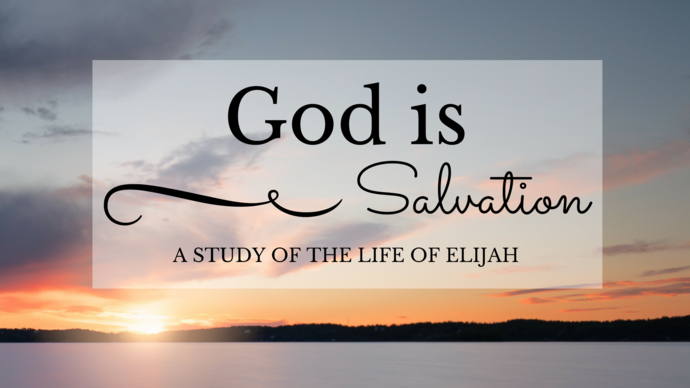
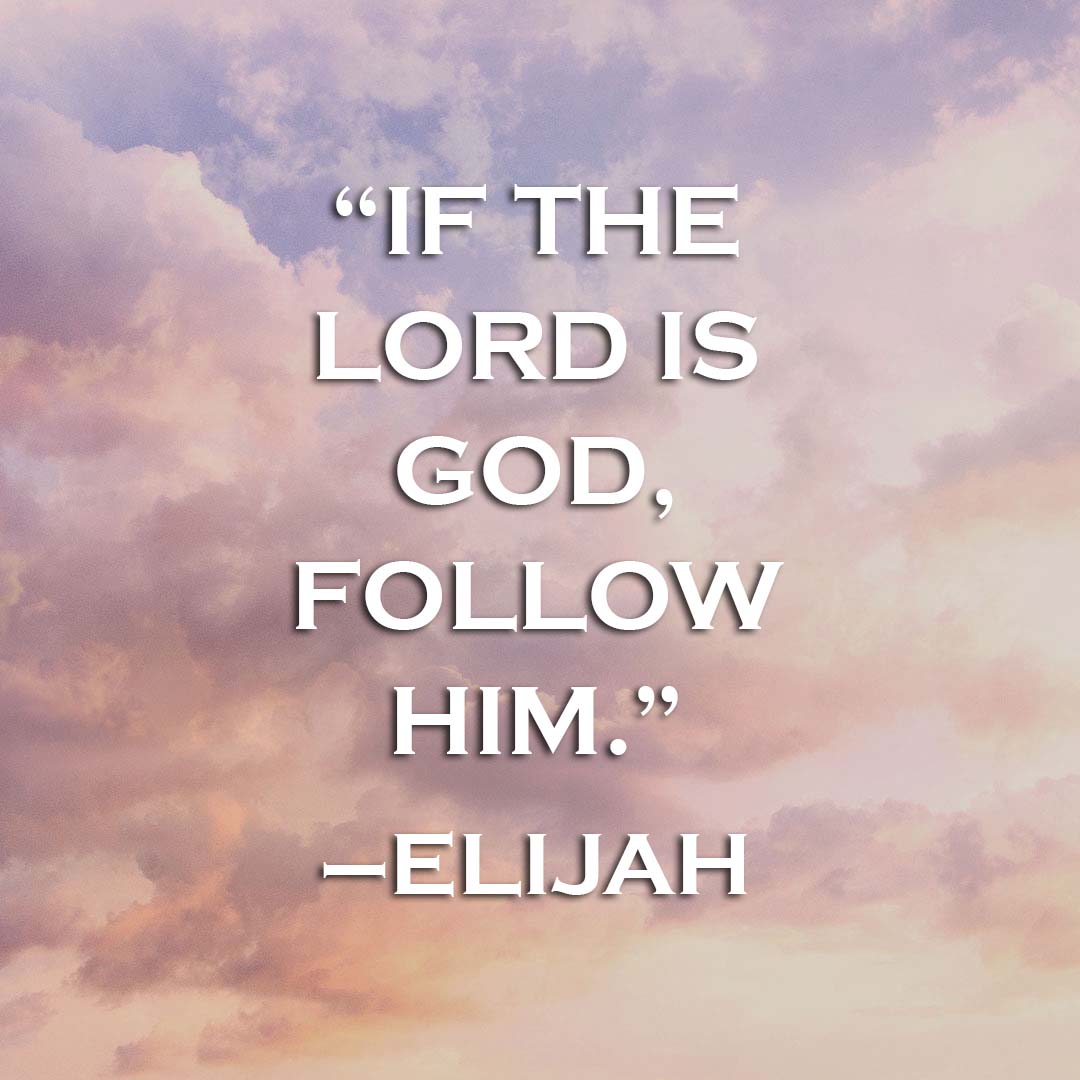
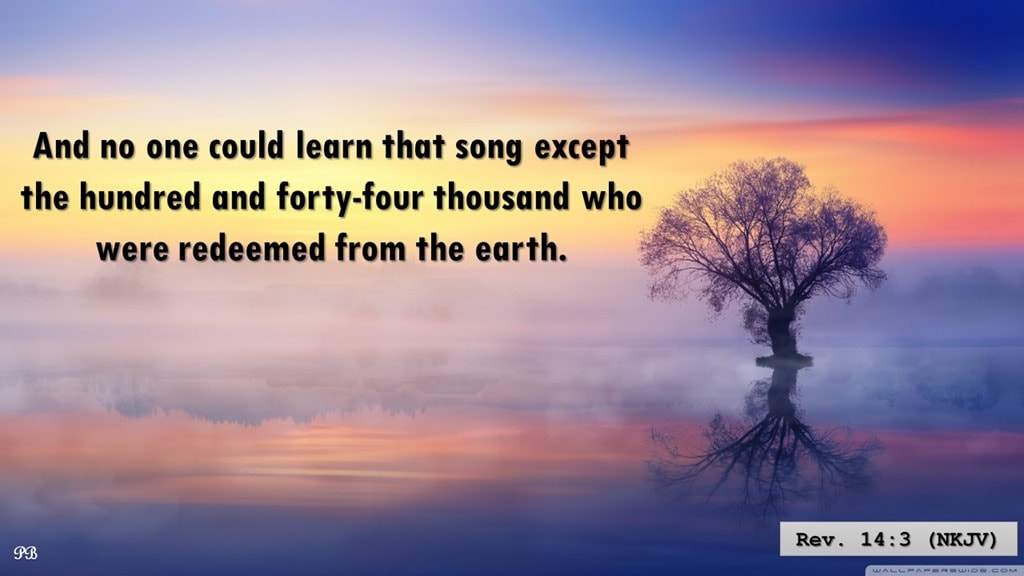

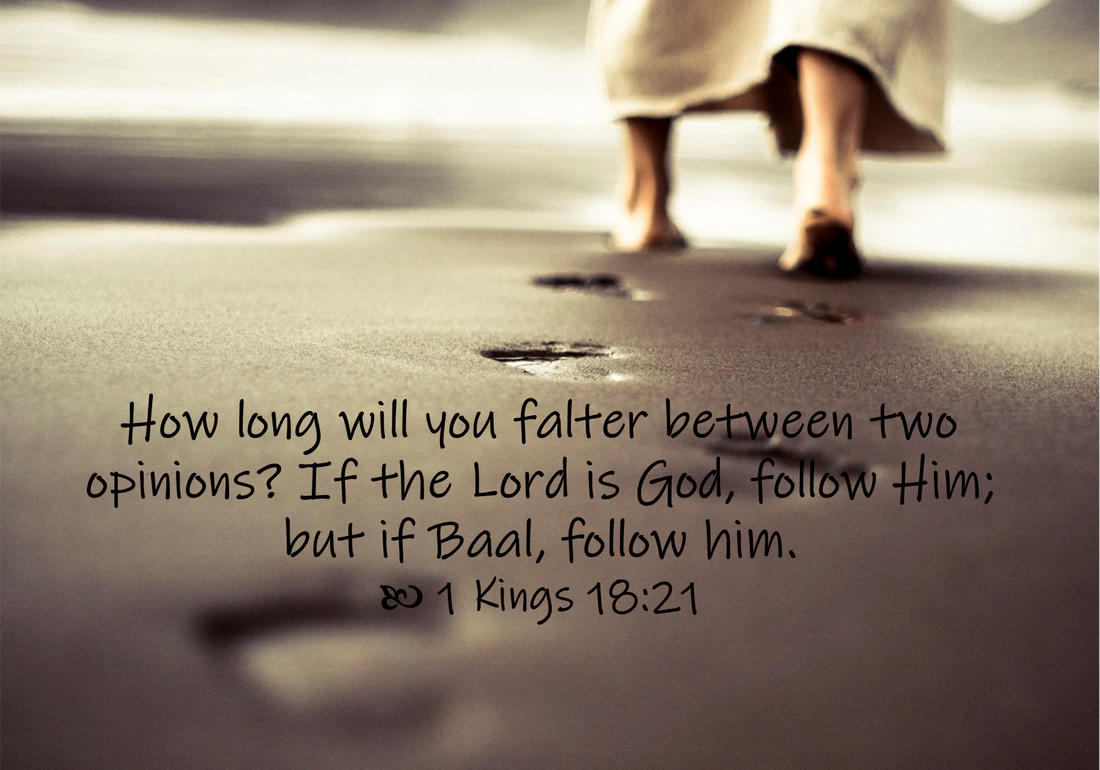

 RSS Feed
RSS Feed
























































